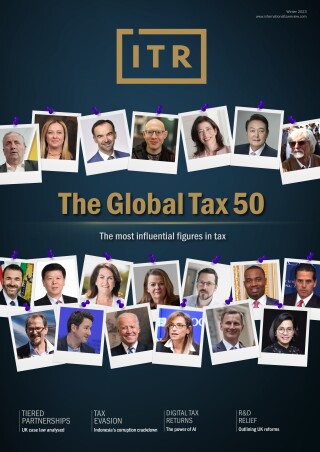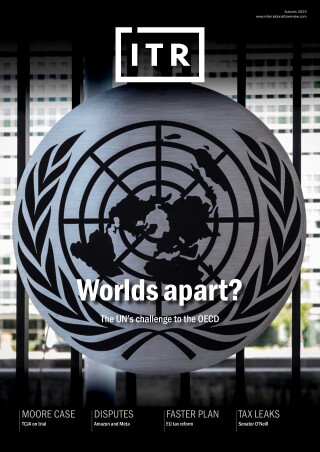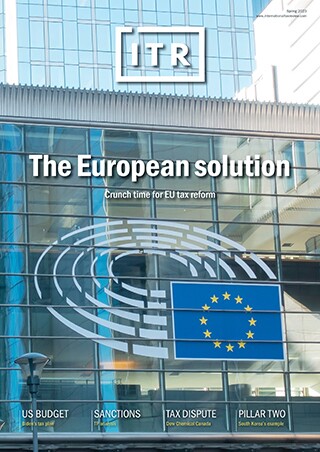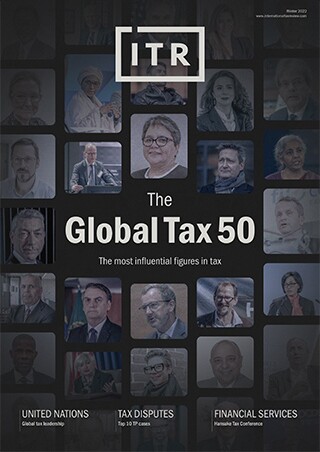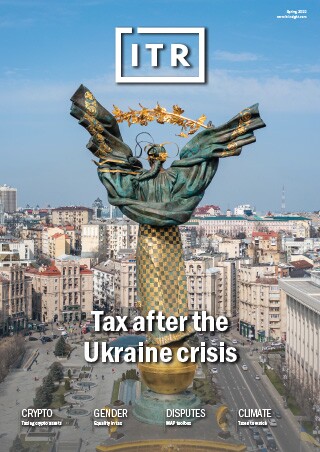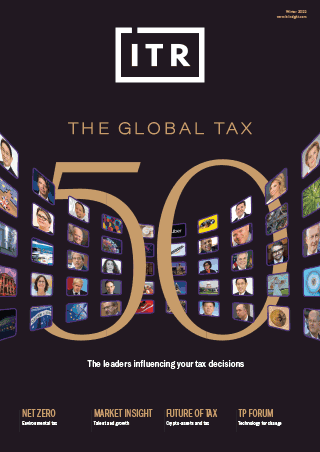PDF Archive
An archive of ITR's quarterly online PDF containing expert analysis, local insights and more is available below.
For more information on advertising and sponsorship opportunities please contact Nick Heath.
First published in 1989 as International Tax Review, ITR is the market-leading publication providing daily, weekly and monthly insights on the changing corporate tax landscape.
Peer insight drives our news, special features and events, and we do this by talking to market leaders to uncover the tactics and strategies of tax directors at the world’s biggest businesses.
ITR now incorporates the former standalone publication TP Week into a single service, and as such, caters for our subscribers in in-house tax teams, advisory firms and governmental bodies within the areas of direct and indirect tax and transfer pricing. Within these areas, we also focus on controversy and litigation, technology and automation, tax compliance and much more, ensuring that our content goes beyond black letter analysis and legislative updates.
